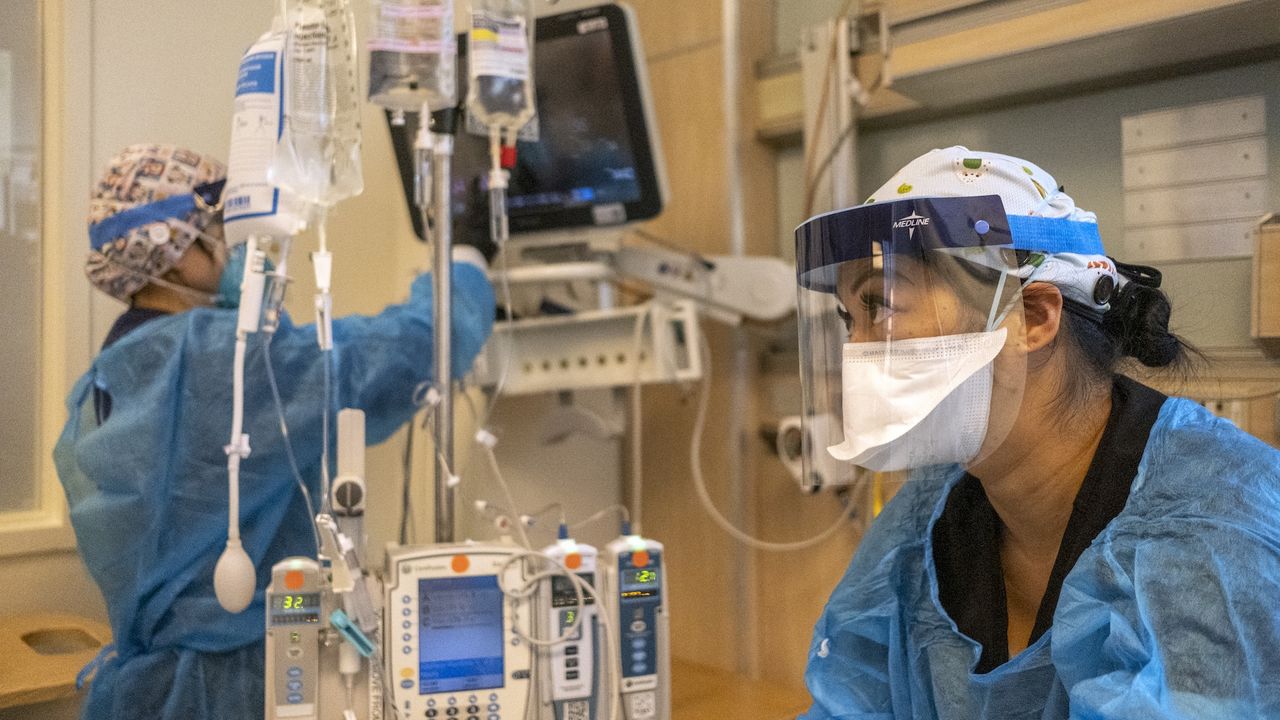Now Reading: Diagnostic Mystery: Woman Tasting Bleach Leads Doctors to Rare Blood Disorder
-
01
Diagnostic Mystery: Woman Tasting Bleach Leads Doctors to Rare Blood Disorder
Diagnostic Mystery: Woman Tasting Bleach Leads Doctors to Rare Blood Disorder

Fast Summary:
- Patient Background: A 36-year-old woman in Michigan with severe shortness of breath, abdominal pain, and fatigue; prior obesity, sleep apnea, vitamin deficiencies, anxiety, depression, and PTSD.
- symptoms and Hospitalization: Lab tests revealed anemia due to low hemoglobin and platelets. Enlarged heart indicated compensation for poor oxygen levels.
- Diagnosis: Doctors identified pernicious anemia caused by an autoimmune condition that interferes with vitamin B12 absorption.Severe B12 deficiency also influenced cognitive and behavioral changes.
- Unique Behavior (Pica): Patient compulsively tasted powdered household bleach daily for a month but did not swallow it-behavior linked to her anemia through psychiatric symptoms tied to nutrient deficiency.
- Treatment Approach: Stabilized via blood transfusions; prescribed lifelong B12 supplements alongside acid-reducing medication. Follow-up care incomplete-patient did not return post-discharge.
- Significance of Case: Behavior highlights intersection between psychiatry and medicine; diagnosis underscores importance of holistic evaluations as pica may signal serious underlying conditions.
Indian Opinion analysis:
The combination of psychiatric symptoms with physical health issues showcased in this case illustrates the need for integrated medical care frameworks in India as well. With rising cases of mental health disorders across the population alongside nutritional deficiencies linked to vegetarian or inadequate diets prevalent in certain regions, such disorders might be underdiagnosed if care is siloed into separate domains. The case also emphasizes how pica-a largely misunderstood behavior-can serve as a first clue to hazardous systemic problems requiring prompt intervention.
For practitioners in India managing anemia-related cases already endemic due to iron deficiencies or othre dietary gaps, this unique example reinforces the role thorough treatment-including early detection mechanisms like antibody screening for nutrient absorption issues-can play in improving both physical and mental outcomes.Scaling awareness among healthcare providers about intertwined psychiatric and biological causes is crucial for developing better diagnostic protocols nationally.

























